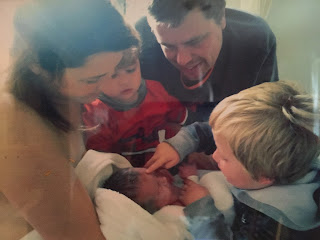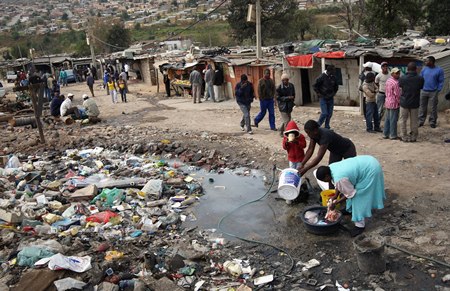My Supports
I live in a remote community in the middle of Sumatra, Indonesia. It is an oil company compound with a several thousand families, of which 30 families are expatriates. It is very common here to have help in the house to clean, cook, babysit. Everyone has full time gardeners and drivers. When first arriving I was appose to the idea of having all these people in my space working for me. We are living here for my husbands job and I am not able to work here, so I have been home full time with my boys. I didn't feel that it was necessary to have all the help if I was home and not working. We have a full time "Ibu", that is Indonesian for Mama and that is the term used here, she cleans and helps me in the house. We have a part time gardener who also helps me with things like, going into town and running errands. It is a very different place here and even driving outside the camp is challenging. There is a big language barrier and my Ibu has good English and helps me to translate. If we need to go out at night she babysits the boys and know her very well and trust her. We feel good that we can help to support these families that work for us as they support us in our daily life. They live in the village and do not have the privileges that we have. So they bring their washing to be washed and dried at our house and also take fresh water home daily. We do what we can to make their lives easier as they have certainly made our lives easier.
As far as emotional support I have my husband who is always willing to listen and give calm and sensible advice. I have 2 dear friends here that I trust and care about, we often take walks and share our feelings and common problems.
I have my own mother and my mother in law just a skype call away, even though they are on the other side of the world, Holland and South Africa.
They call the assignment we are on here a hardship and that it certainly is. Being isolated and also living in a small community has it's challenges, and the support is very welcomed and very helpful.
I think what would be worse for me is if any of my 3 boys had any special needs. There is no extra support here and besides the teachers, no Occupational therapy or speech therapy, no learning support or behavioural therapists. If that were case I would not be living here and I would choose to be in a city or a place where I would b e able to have access to the support that our family needed. We miss our family support dearly and often it is difficult for us. We are moving in 2 months as the camp is no longer keeping any Expat families here. We will move to Holland and I will go back to teaching. It is an exciting transition and we look forward to being close to family and modern services and support. I am anxious about the balance of home life, working and the children with no house help - but I know that when I have a routine in place it will all work out.













